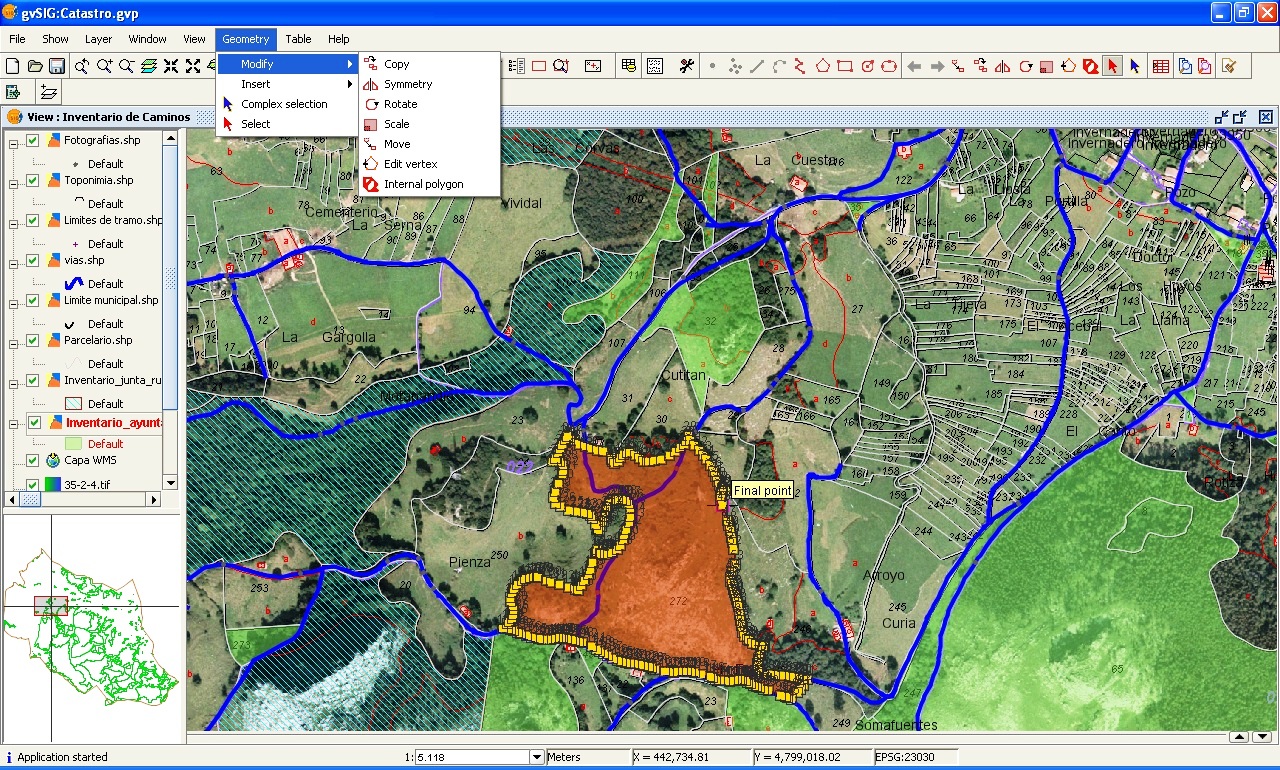As a crucial part of their training, graduate professional students in the Nicholas School for the Environment need to have some experience with giant, expensive software packages like those used for statistical analysis, data modeling and GIS mapping.
It's more than a four-year-old laptop can handle, let's put it that way. But while the school's computer labs have managed to stay state-of-the-art, the school's enrollment growth has suddenly outpaced them.
"Too many students, not enough computers," said Susan Gerbeth-Jones, Nicholas’ assistant dean for information technology.
With partners in Duke's Office of Information Technology (OIT), Nicholas is piloting a "Virtual Computer Lab," that gives students anytime, anywhere access to the computing power they need. It even takes reservations -- students log in to say when and how they want to use the system, (for up to four hours at a time) and the appropriate software package is loaded and ready to run when the appointed hour arrives.
"It keeps me from having to fight for computer lab space at school and it's so much nicer to sit on my couch and do GIS than sitting in a lab," one student wrote to Gerbeth-Jones as part of the evaluation of the pilot.
And virtual means students don't have to be in Durham at all. They could also tap in from field research, provided their Internet connection is fat enough.
The system runs on software developed by a virtual computing group at NC State and hardware donated by IBM. It can handle 16 users at once right now, but may grow by 90 more before the semester is over, according to Liz Wendland, a senior IT analyst at OIT.
Wendland and Gerbeth-Jones described the project in a morning session at the annualTech Expo on Monday.
In addition to convenience, the virtual system is tremendously efficient, Gerbeth-Jones said. A traditional computer lab is used perhaps 25 percent of the hours in a week, because of building hours. The virtual lab's usage so far has been around 68 percent.
And when the virtual system is less in demand, some of its computing capacity becomes a part of the campus shared cluster resource. "Surely, it's going to be a saving (of money)," Gerbeth-Jones said, which fits nicely with this year's TechExpo theme: More with Less.



No comments:
Post a Comment